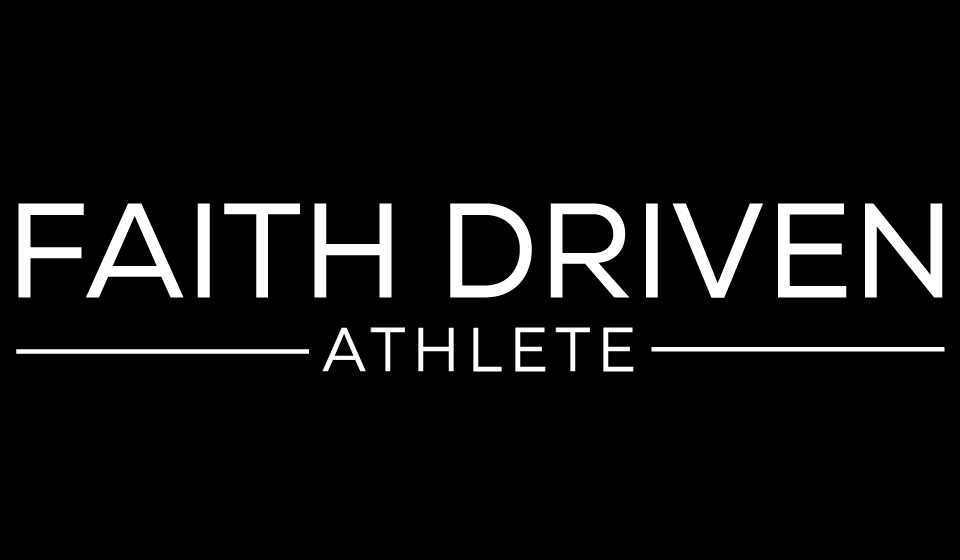Pray Every Day
Jim Beckett
At the end of every podcast, we like to ask our guests to share what God has been teaching them in this season of life. Jim Beckett, founder and former CEO of Beckett Publishing—the largest sports and entertainment collectibles publisher in the world, shared what his prayers look like before and after meetings.
This is the confidence we have in approaching God: that if we ask anything according to his will, he hears us. - 1 John 5:!4
We pray at the beginning of meetings. We pray at the end of meetings. My co-host is Joe Galindo, who is a C12 chair now but he was my executive V.P. back and we've been longtime friends. And in the beginning, he did most of the praying. And I would just observe.
And then I realized I'm really missing out. I have so many friends that are high powered executives who can speak to a crowd. They can go up, take the microphone and commanding presence for any number of people, you know, dozens, scores, hundreds, thousands. But if you ask them to pray out loud in public, they say, I've got a sore throat.
And so I wind up being the guy that's praying now. So I went from not praying very much to praying a lot. So I’ve prayed in more than 5,000 meetings. All those meetings are bathed in prayer before and after. But I have an adage that relates to people that you're in the presence of. It's good to pray with your wife. It's good to pray for your wife. But it's not necessarily good to pray for your wife with your wife.
In other words, I don't want my wife praying. Lord, give my husband the courage that he needs to do what he's supposed to do. That doesn't feel like a prayer to me. That feels like a kick in the pants. Consequently, this intercessory prayer at the end of the meeting, it can't be, “Lord help this person that we've been interacting with for the last hour, hour and a half to have the guts to follow through.” You can see how it breaks down. We have to be affirming the person, but we're not necessarily affirming the plan that he walked in with.
And we're more provocative than prescriptive, but we want to be strategically encouraging the person without telling him what he has to do. So that's the intercessory aspect. It's not that we're the oracle and this is what you have to do. It's that we've expanded your thinking. You need to take this home. Do your own prayer for how you might act on this.
There's always action steps, and most of them are good, but they're not all they need to have their own practice. You know, prayer leads to intimacy, which leads to self-awareness. And I can't tell you how many of these entrepreneurs and ministry leaders lack in self-awareness. And that self-awareness can often be proportional to your prayer life and your intimacy with God and intimacy with others.
